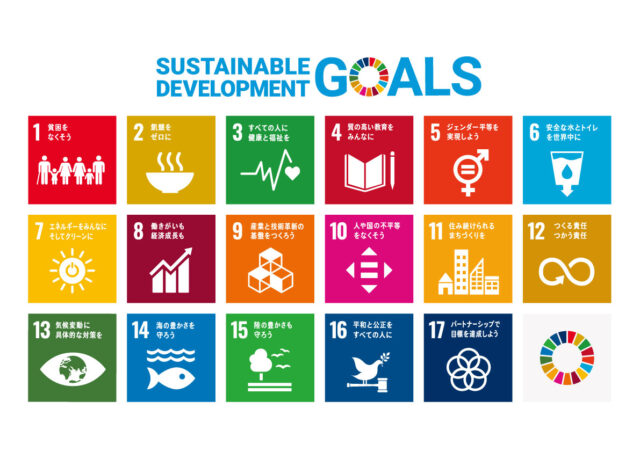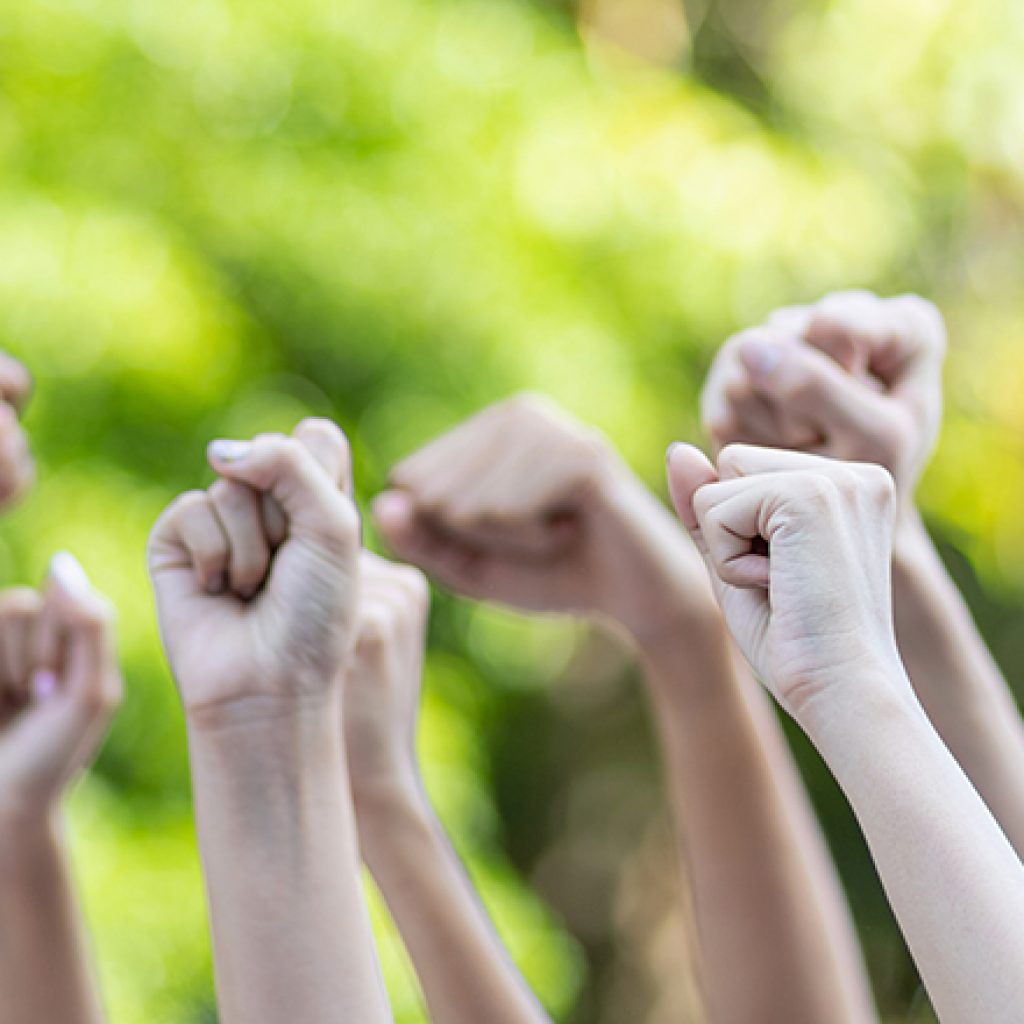Insights and Actions from Next Level

The Sustainable Development Goals (SDGs) are a set of 17 interconnected global goals established by the United Nations in 2015.
These goals aim to address pressing challenges such as poverty, inequality, climate change, environmental degradation, and peace and justice. The SDGs provide a comprehensive blueprint for a sustainable future, emphasizing the need for collective action from all sectors of society.
One notable development was the formation of a Green Alliance between Japan and the European Union in 2021. This partnership aims to enhance technological cooperation and support the implementation of renewable energy projects, underscoring the vital role of international collaboration in achieving SDGs (Climate Action).

While it’s easy to assume that achieving SDGs is primarily the responsibility of large corporations and governments, the truth is that every individual and organization has a role to play. The goals are designed to be inclusive, encouraging contributions from every level of society. This means that small businesses, community organizations, and even individuals can make significant impacts.

Japan has demonstrated a strong commitment to achieving the SDGs, with initiatives at both corporate and individual levels making substantial contributions to sustainability. According to the Sustainable Development Report 2024 published by the Sustainable Development Solutions Network (SDSN), Japan ranked 18th out of 167 countries in achieving the UN’s SDGs. This is an improvement from Japan’s ranking of 21st in the previous year’s report.
However, unlike Europe, Japan does not have a financial reporting obligation similar to the CSRD, which mandates comprehensive sustainability disclosures. Despite these challenges, Japan is making strides in various areas to enhance its sustainability practices.
Here’s how:
On a personal level, Japanese citizens are making strides toward sustainability:
Japanese companies, both large and small, are increasingly integrating SDGs into their business strategies. According to a survey by Nikkei, in 2022 around 21% of publicly listed Japanese companies have responded to the SDGs Management Survey. While this indicates a growing awareness and engagement with SDGs, there is still significant room for improvement and broader adoption. Many companies are beginning to recognize the importance of sustainable practices and the benefits they bring, but further efforts are needed to fully integrate SDGs across the entire business sector (Nikkei) (IGES).

Small and medium-sized enterprises (SMEs) in Japan are also joining the sustainability movement. They are implementing energy-efficient solutions, ethical sourcing, waste reduction programs, and engaging in community-based sustainability projects.
At Next Level, we have embraced several sustainable practices to contribute to the SDGs:
These initiatives reflect our commitment to sustainability and continuous improvement in our environmental impact.
Adopting sustainable practices offers numerous benefits:

Every individual can contribute to sustainability by making small, impactful changes in their daily lives. Simple actions like reducing energy consumption, recycling, using public transportation, and supporting sustainable brands can collectively make a significant difference.
In summary, achieving the Sustainable Development Goals requires the collective effort of all sectors of society, including small businesses and individuals. By implementing sustainable practices, we not only contribute to a healthier planet but also enjoy numerous benefits.
At Next Level, we are committed to driving green transformation and offer consulting services to help other businesses embark on their sustainability journeys.
We aim to inspire those we interact with—whether through our support for 1% for the Planet, organizing impactful events, or conducting CSR questionnaires—to pursue sustainability on an even larger scale. Our hope is that our efforts will encourage others, potentially much bigger than us, to take bold steps toward a sustainable future.
For more information on how we can assist you in your green transformation, please contact us!
Let us know how we could be of service to you and one of our experts will get back to you, usually within two business days.

| Cookie | Duration | Description |
|---|---|---|
| cookielawinfo-checkbox-analytics | 11 months | This cookie is set by GDPR Cookie Consent plugin. The cookie is used to store the user consent for the cookies in the category "Analytics". |
| cookielawinfo-checkbox-functional | 11 months | The cookie is set by GDPR cookie consent to record the user consent for the cookies in the category "Functional". |
| cookielawinfo-checkbox-necessary | 11 months | This cookie is set by GDPR Cookie Consent plugin. The cookies is used to store the user consent for the cookies in the category "Necessary". |
| cookielawinfo-checkbox-others | 11 months | This cookie is set by GDPR Cookie Consent plugin. The cookie is used to store the user consent for the cookies in the category "Other. |
| cookielawinfo-checkbox-performance | 11 months | This cookie is set by GDPR Cookie Consent plugin. The cookie is used to store the user consent for the cookies in the category "Performance". |
| viewed_cookie_policy | 11 months | The cookie is set by the GDPR Cookie Consent plugin and is used to store whether or not user has consented to the use of cookies. It does not store any personal data. |